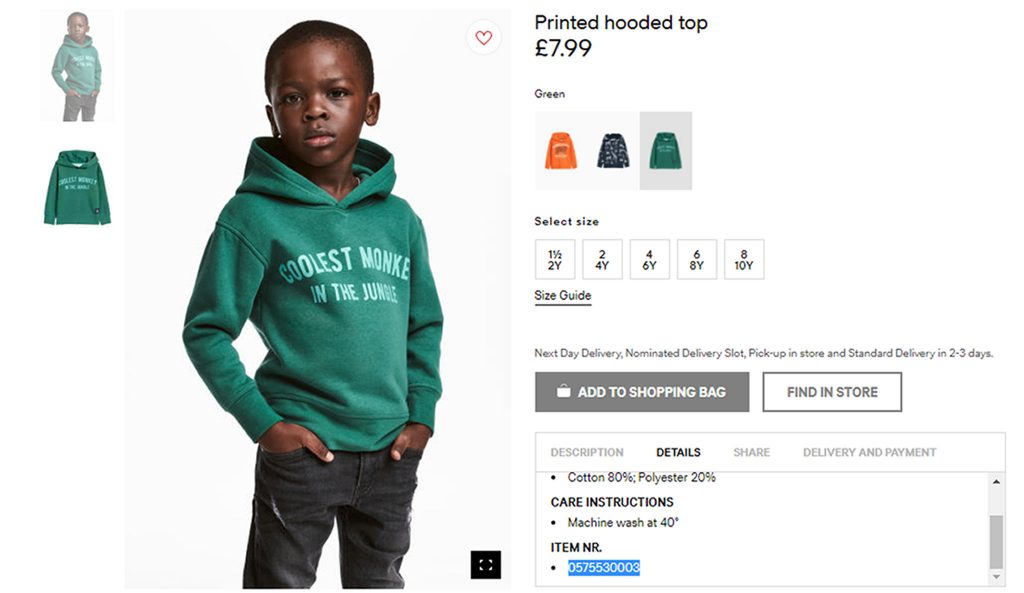Turning Back Time? Swatch’s Misstep Highlights Need for Progress, Not Excuses
Just a few weeks ago in August 2025, Swiss watchmaker Swatch came under fire after releasing an advertisement that featured an Asian male model making a “slanted eye” gesture. This pose, long recognized as a racist stereotype, sparked outrage on Chinese social media, with many users condemning the ad as both disrespectful and offensive. The controversy quickly escalated, drawing international attention and putting Swatch’s brand reputation at risk. Swatch quickly issued a public apology in response to the backlash, stating that they “sincerely apologize for any distress or misunderstanding this may have caused.”
Despite the apology and removal of the controversial campaign, many saw Swatch’s response as inadequate. David Ko, managing director at RFI Asia, shared his insights on why the apology fell short. He pointed out that Swatch’s statement only referenced “concerns” rather than directly acknowledging the harm caused by the racist imagery. He called out the commonly used “corporate weasel words”, which included terms like “distress” and “misunderstanding,” arguing that audiences expect real accountability rather than vague euphemisms. Furthermore, he noted that Swatch’s blanket apology to “everyone” fell short; the company should have addressed Chinese communities specifically and explained why the gesture was offensive. To prevent future missteps, it was recommended that Swatch invest in Diversity, Equity, and Inclusion (DEI) training for its teams, establish a diverse review panel, and implement a cultural risk checklist for all creative output.


Swatch’s controversy is not unique. Over the past decade, several global brands have faced backlash for racially insensitive advertisements. In 2018, Dolce & Gabbana’s campaign in China, which included a video of a Chinese model struggling to eat Italian food with chopsticks, led to boycotts and the cancellation of a major Shanghai fashion show. That same year, H&M faced protests after featuring a Black child in a hoodie with the phrase “Coolest Monkey in the Jungle.” More recently, Gucci was criticized for selling a sweater resembling blackface, and Adidas apologized for a racially tone-deaf email during Black History Month. Each of these incidents resulted in swift public criticism, damaged brand reputation, and lost revenue, underscoring the real-world consequences of failing to consider cultural context in marketing.
To avoid such pitfalls, brands must prioritize Diversity, Equity, and Inclusion (DEI) at every stage of the creative and decision-making process. This commitment goes beyond superficial, one-off training sessions or simply checking a box. It means actively building teams that reflect a range of backgrounds and perspectives, so that potential issues can be identified before they reach the public. Establishing robust review panels made up of individuals from diverse cultural and professional backgrounds helps ensure that advertising and marketing materials are screened for cultural sensitivity and potential risks. In addition, implementing comprehensive cultural risk checklists can highlight red flags early in the creative process. Ultimately, accountability must be at the core of a brand’s approach. When mistakes do occur, brands should respond with direct, specific apologies—addressing those most affected—and clearly outline the steps they will take to prevent similar incidents in the future. This transparency demonstrates genuine learning and commitment to improvement.
Preparation is also essential for effective crisis management. Even with the best preventive measures, no organization is immune to missteps or unforeseen backlash. This is where SONAR, RFI’s immersive, interactive crisis simulation training platform, could come in handy. SONAR enables organizations to practice real-world crisis scenarios, equipping teams with the skills, decision-making frameworks, and communication strategies needed to respond quickly and confidently when negative events arise. By regularly stress-testing crisis plans and practicing responses, companies can minimize reputational damage, maintain control of the narrative, and show stakeholders that they are both proactive and responsible. Ultimately, being prepared for a crisis helps brands retain public trust, even when mistakes happen.
The Swatch slant eye controversy is a powerful reminder of the responsibility brands carry in a diverse and interconnected world. Cultural awareness and genuine accountability are not optional, but are essential to building lasting trust with global audiences. By embedding DEI into every aspect of their operations and investing in real crisis preparedness, companies can avoid costly missteps and respond effectively when challenges arise. In today’s fast-moving marketplace, consumers increasingly look to brands not just for products, but for leadership, values, and a genuine commitment to inclusion. Those companies that actively demonstrate cultural sensitivity and accountability are far more likely to earn lasting trust and loyalty from diverse communities around the world.